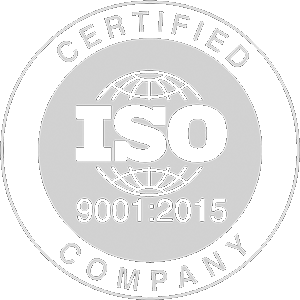Ryton is a brand name for a family of high-performance polyphenylene sulfide (PPS) plastics. These materials are known for their exceptional chemical resistance, mechanical strength, and thermal stability, making them suitable for challenging industrial applications.
- Chemical Resistance: Ryton materials are highly acclaimed for their excellent chemical resistance to a wide range of aggressive chemicals, acids, bases, and solvents. They are well-suited for applications in chemically harsh environments.
- High-Temperature Resistance: Ryton exhibits outstanding thermal stability, retaining its properties even at elevated temperatures. It can withstand continuous use at temperatures exceeding 392°F.
- Mechanical Strength: Ryton plastics offer impressive mechanical strength, stiffness, and impact resistance, making them suitable for applications requiring structural integrity and load-bearing capabilities.
- Dimensional Stability: Ryton maintains its dimensions and shape under varying temperature and humidity conditions, ensuring consistent performance over time.
- Electrical Insulation: Ryton serves as an effective electrical insulator, making it useful for applications requiring both electrical and thermal stability.
- Creep Resistance: Ryton demonstrates good resistance to creep, which helps maintain the shape and structural integrity of machined parts under prolonged stress.
- Low Water Absorption: Ryton has low moisture absorption, contributing to the preservation of its mechanical properties and dimensional stability, even in humid environments.
- Chemical Processing: Ryton is used in chemical processing equipment such as pumps, valves, gaskets, and pipes due to its outstanding chemical resistance.
- Oil and Gas Industry: Ryton finds use in oil and gas applications, including downhole tools, seals, and components requiring resistance to corrosive fluids.
- Aerospace and Aviation: Ryton materials are employed in aircraft components requiring high-temperature stability, chemical resistance, and mechanical strength.
- Electrical Components: Ryton is used in electrical connectors, insulators, and components that require both electrical insulation and thermal stability.
- Medical Devices: Ryton plastics are utilized in medical equipment where chemical resistance, biocompatibility, and electrical insulation are necessary.
- Industrial Equipment: Ryton is used in various industrial applications, such as bearings, bushings, and seals, due to its excellent combination of properties.
